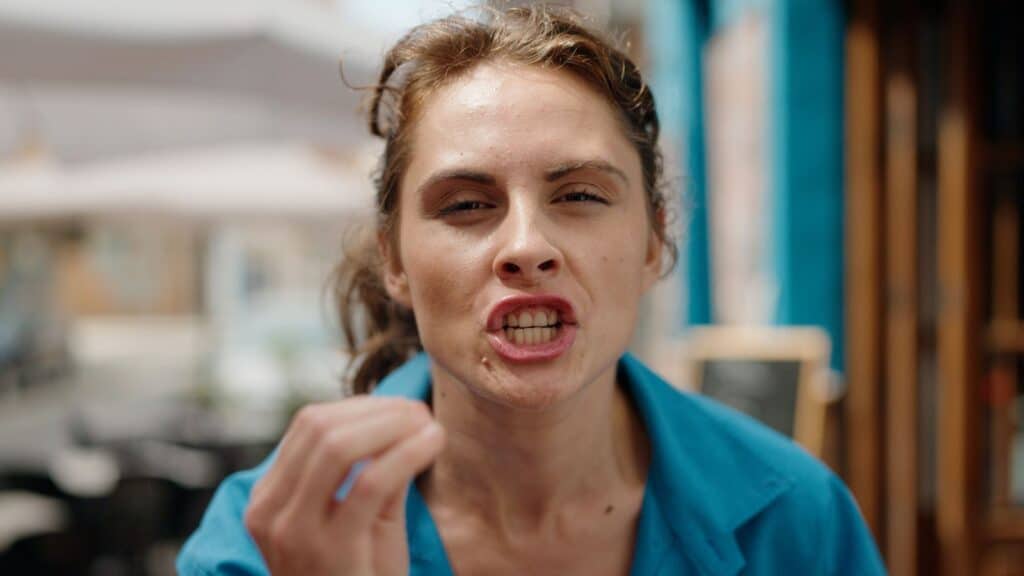Millennials are often accused of taking things too seriously and not being able to take a joke. Most of these accusations come from Boomers who have been brought up telling “dad jokes” and making comments that younger generations may find offensive. In a bid to show kindness to others, we take a look at 21 topics that Millennials think we shouldn’t joke about.
Mental Health

Recent research from the National Institute of Mental Health indicates that one in five Americans are experiencing a mental illness. With mental health being prominent in so many people’s lives, Millennials are uncomfortable making light of them. A joke about suicide, depression, or anxiety can be triggering for someone who is struggling with these issues.
Physical Appearance

Millennials realize it can be hurtful and offensive to make fun of how someone looks. Everyone has different physical features; some people may be more sensitive about their appearance than others.
Relationships

Millennials are a generation known for social and political awareness. Jokes that perpetuate negative stereotypes about gender roles or relationships might be seen as insensitive and simply unfunny.
Finances

A study by finance company Northwestern Mutual found that 35% of Americans consistently live in debt. With this in mind, Millennials feel that making jokes about financial insecurity is insensitive. People wanting to escape their hardship for a bit of fun don’t want to hear their friends laughing at their expense.
Career

Millennials are under a lot of pressure to succeed at work and often have to work long hours for low pay. Joking about someone’s job or career can be seen as dismissive of their hard work, especially from Boomers, who Millennials believe had it easier in many ways.
Politics
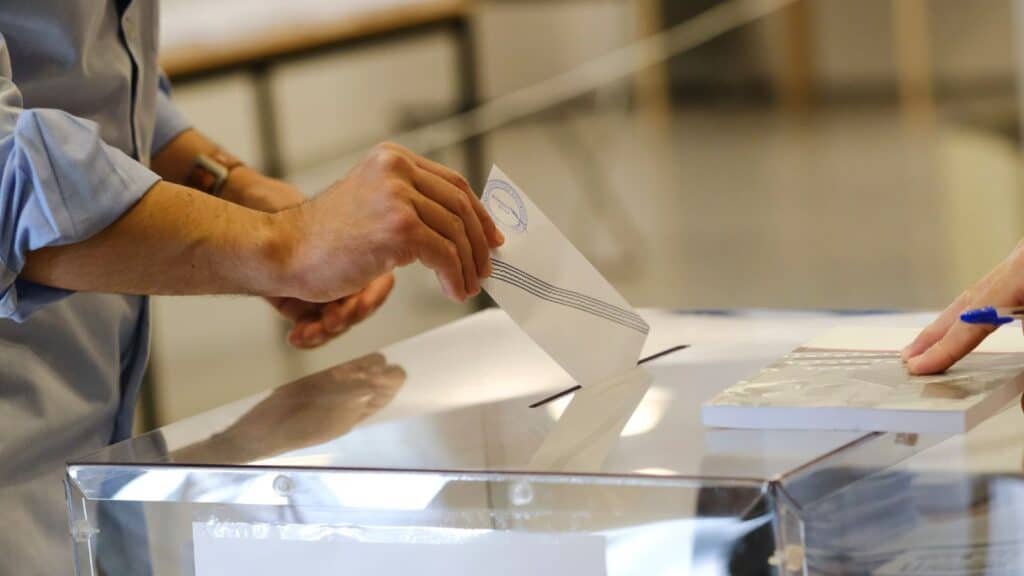
Politically active Millennials hold strong opinions about various issues, so jokes about politics may not go down well. A simple joke about someone’s political beliefs can be seen as an attack on their values.
Religion
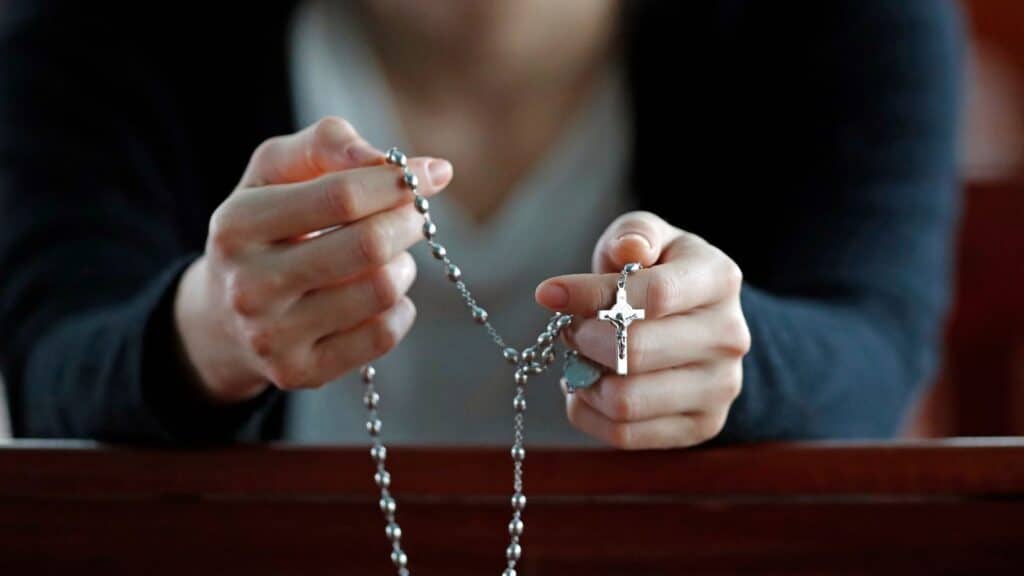
While Millennials are less religious than previous generations, many still have strong religious beliefs. A disrespectful joke about a particular religion can offend some people, and even if they are not offended themselves, they feel empathy for others who might take the joke to heart.
Race
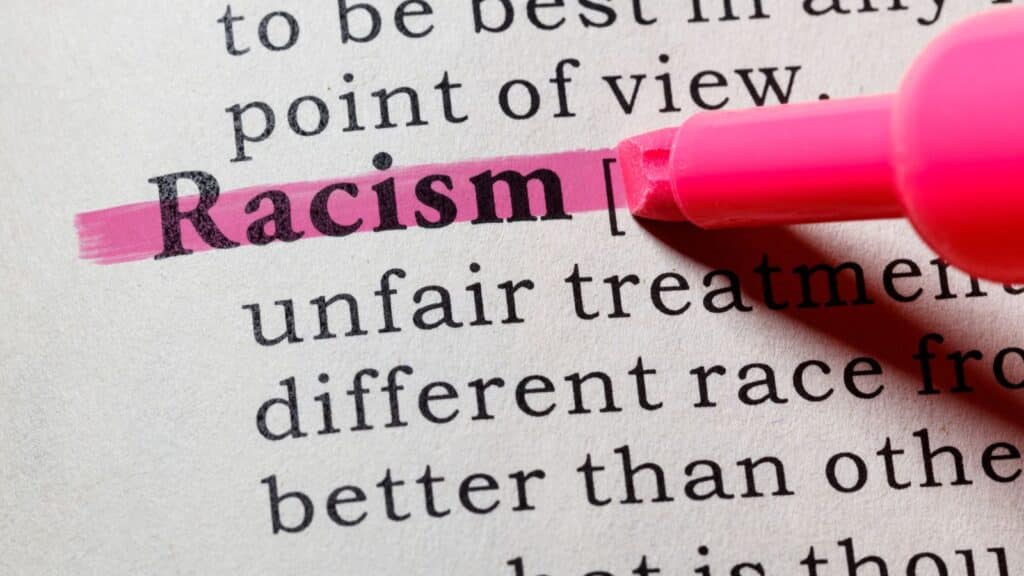
It goes without saying for most Millennials that jokes about race are not acceptable in any situation. Racist and xenophobic “jokes” can be hurtful and offensive and reinforce negative stereotypes that younger generations have fought hard to break down.
Gender
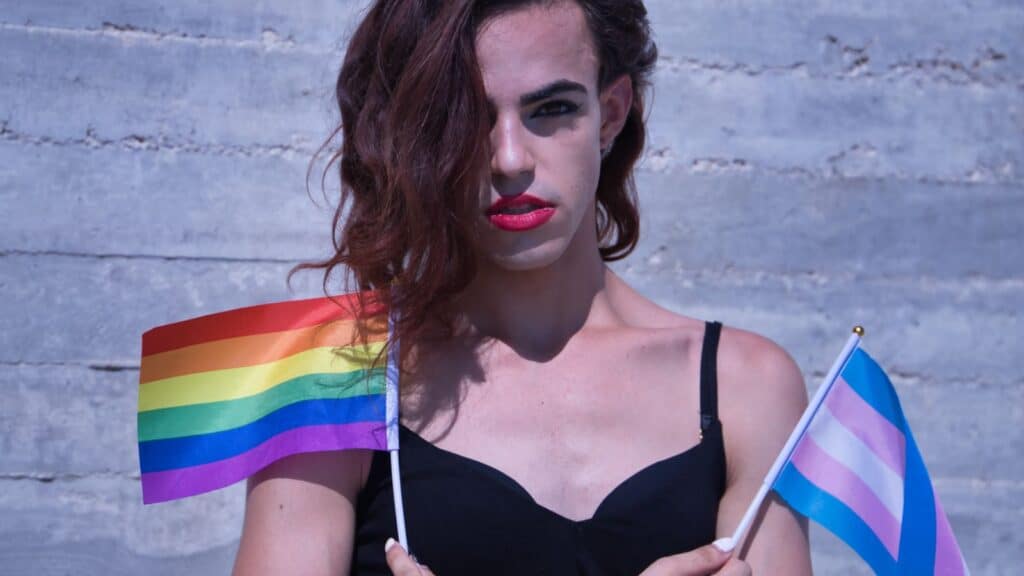
For people who are transgender or non-binary, their gender identity is a core part of who they are. Using their gender status for laughs can be hurtful and offensive to people in these communities. Older people often make excuses that they are from a “different generation,” but Millennials do not find this excuse acceptable.
Sexual Orientation
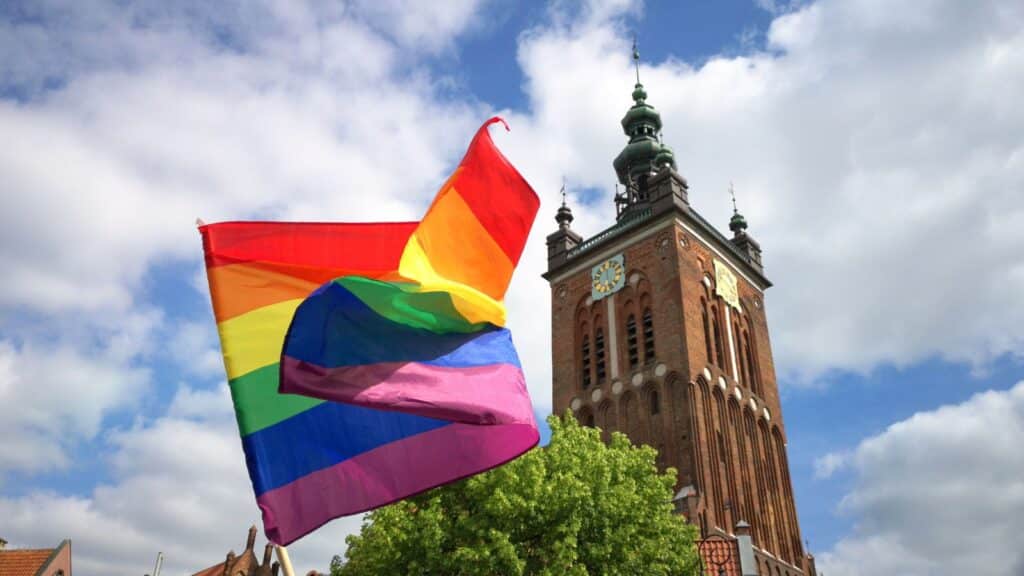
Like jokes about gender, Millennials are also likely to take offense to people making fun of someone’s sexual orientation. LGBTQ+ awareness is arguably greater than it has ever been, and homophobic jokes can put a dampener on the progress that has been made in making people feel more included.
Disability

For people with disabilities, their disability is a core part of their identity. Jokes about disability can be hurtful and offensive to these people. Whether disabled themselves or an ally of disabled people, Millennials are keen to call out inappropriate jokes about disability.
Trauma

Many Millennials have experienced some form of trauma themselves, whether personal or witnessed through friends and family. Jokes about trauma are in bad taste and can be triggering or bring back negative memories.
Abuse

Abuse can take many forms, and unfortunately, many Millennials or people they know may have experienced some form of it, whether physical, emotional, or sexual. Making fun of abuse can trigger trauma for those affected and for the people who have seen the fallout from people being abused.
Addiction

Jokes about addiction can reinforce harmful stereotypes and perpetuate the idea that people are struggling with addiction, such as the belief that they are weak or lazy. These stereotypes can lead to discrimination and prejudice and don’t belong to a comedy routine.
Age
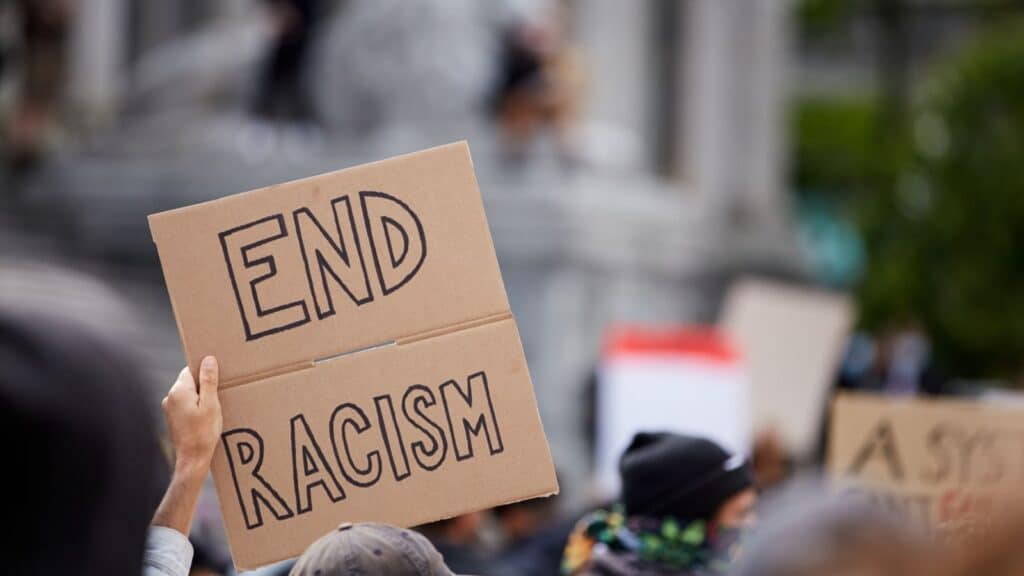
Just like racism and sexism, ageism is prejudice against people based on their age. It can lead to discrimination in employment, housing, and other areas of life. When people joke about age, it can make it seem okay to discriminate against older adults. Ageist jokes often perpetuate negative stereotypes about older adults, such as the belief that they are out of touch, forgetful, or frail.
Weight

Millennials have grown up in a culture obsessed with body image, and many people in this generation struggle with their self-esteem. Issues with body shaming also extend to younger generations, with 70% of adolescents reporting being bullied about their weight. A joke about someone’s weight, appearance, or disability can be very painful for someone who is already insecure about their body.
Education

Jokes about education often rely on stereotypes about students, teachers, or the education system itself. These stereotypes can be discouraging for educators and students alike. Additionally, laughing about how uneducated some people can be crass and is offensive.
Climate Change
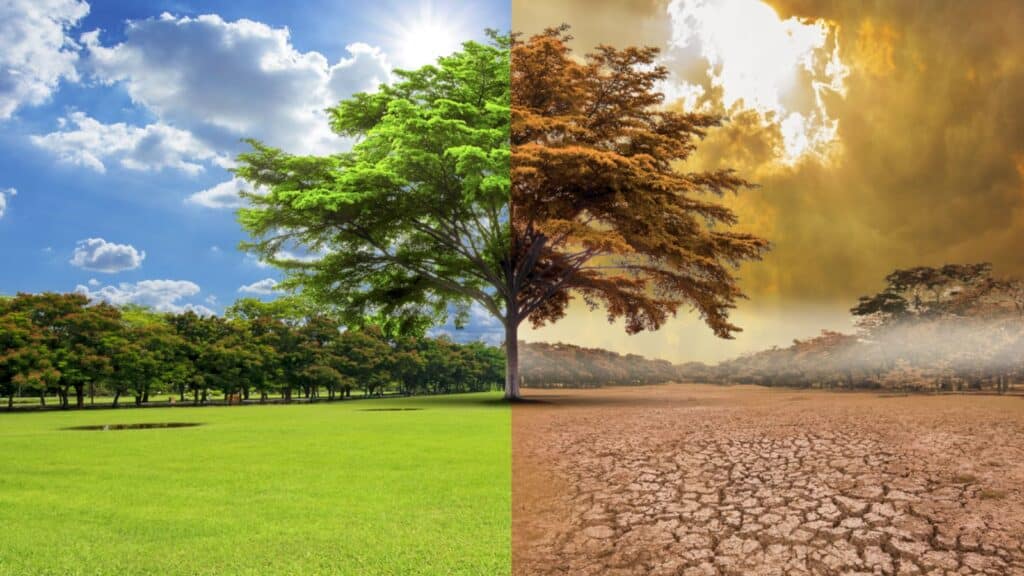
Six in ten Millennials and GenZers have admitted feeling anxious about climate change; in a recent study by Deloitte, they expect businesses, governments, and individuals to take it seriously. Dismissing the science behind climate change or failing to take responsibility can frustrate and upset Millennials.
Lack Of Social Justice Awareness
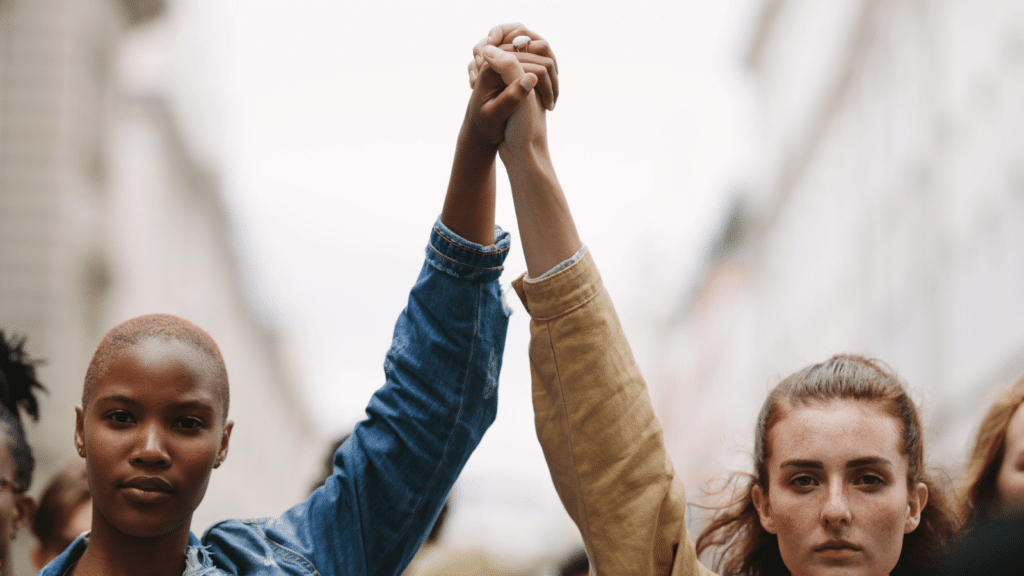
Millennials are champions of social justice. They have a keen eye for inequality and expect those around them to be aware of it, too. They want individuals and institutions to be mindful of privilege and how it can create disadvantages for marginalized communities, something not to be joked about.
Cultural Appropriation
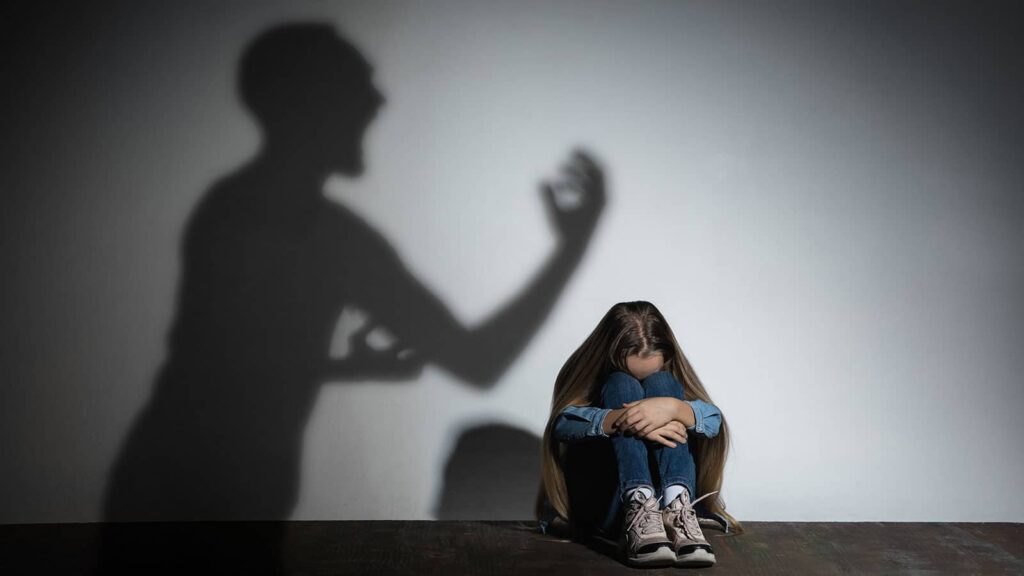
Borrowing cultural elements without understanding their background or using them for personal gain can be disrespectful. Millennials value genuine appreciation rather than appropriation and celebrate the diversity of cultures without perpetuating stereotypes.
Lack Of Work-Life Balance
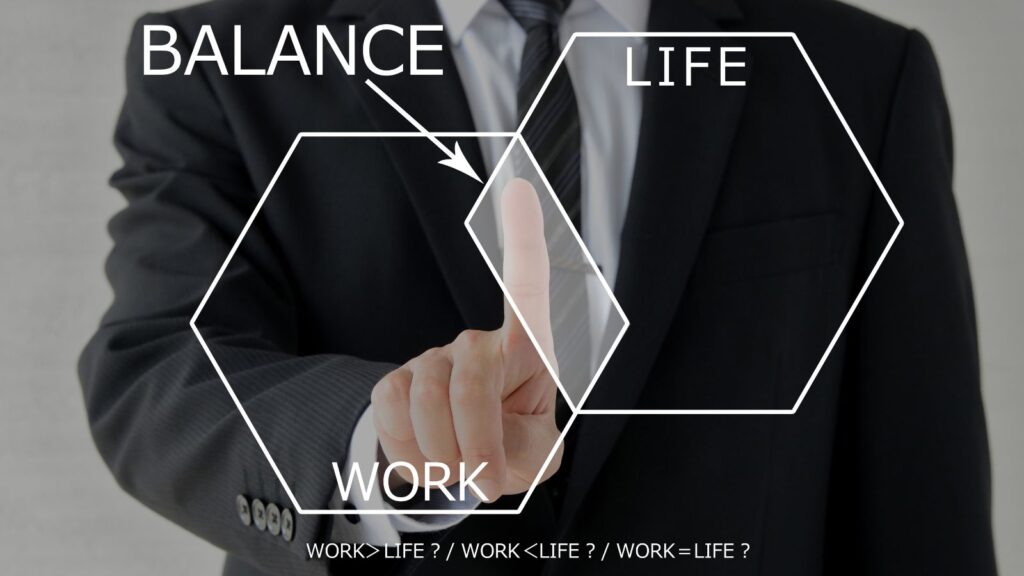
Achieving a healthy balance between work and personal life is crucial for Millennials. They value having fulfilling experiences outside of the office and prioritize integrating their professional and personal lives. Work cultures that promote excessive hours or fail to acknowledge the importance of well-being can be misaligned with Millennial values.
19 Grim Realities of Dating After 50 That Are Often Overlooked

19 Grim Realities of Dating After 50 That Are Often Overlooked
26 Things That Will Be Extinct Because Millennials Refuse to Buy Them

26 Things That Will Be Extinct Because Millennials Refuse to Buy Them
24 Outdated Slang Terms You Absolutely Shouldn’t Be Using Anymore

24 Outdated Slang Terms You Absolutely Shouldn’t Be Using Anymore
25 Hardest Parts About Getting Older That No One Ever Talks About

25 Hardest Parts About Getting Older That No One Ever Talks About

